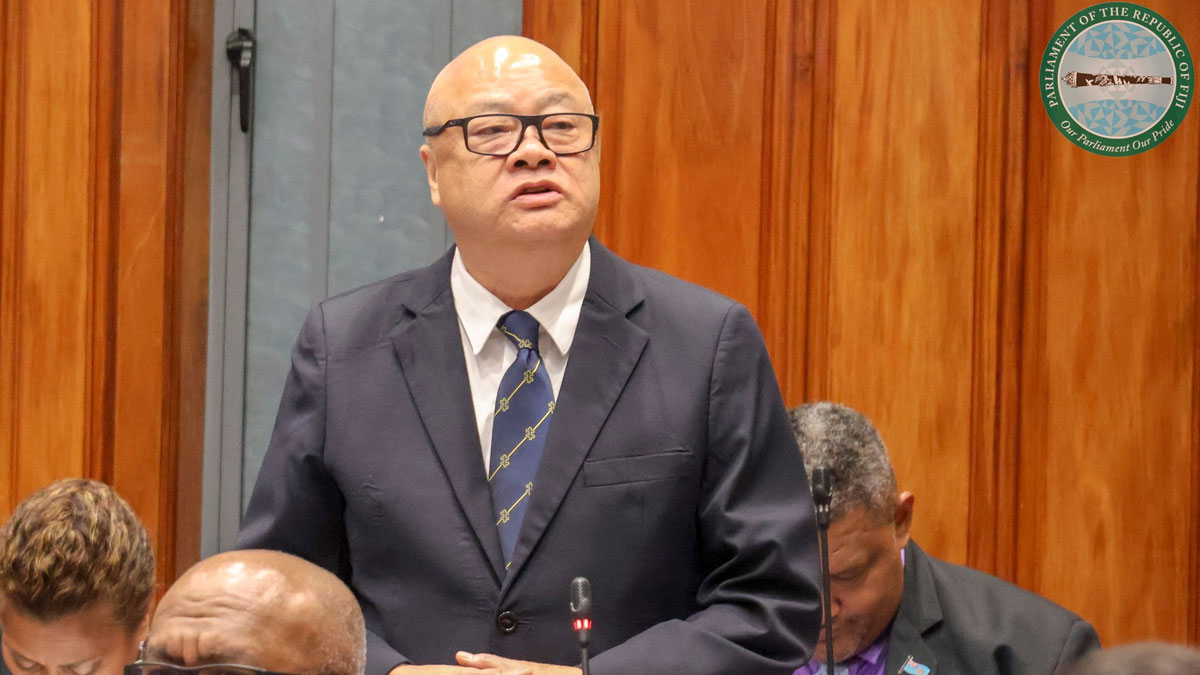
The Code of Conduct Bill 2025 will be debated in Parliament next month.
The Bill was tabled this morning in Parliament by Attorney General Graham Leung, citing Standing Order 51, where it must pass through one stage at a single sitting of Parliament, the Bill must be referred to the Standing Committee on Justice, Law, and Human Rights, the Standing Committee on Justice, Law, and Human Rights must table a report on the bill at its April sitting and that the bill must be voted on by Parliament in the April sitting of Parliament and that the right of reply be accorded to to the AG as the member moving this motion.
Speaking on the Code of Conduct Bill 2025, the Attorney General says the bill seeks to modernise the integrity and accountability framework for public officeholders by applying codes of conduct to public officeholders not covered under Fiji's existing laws.
He says the bill intends compliance by public officeholders.
Leung says there is and there will be a statutory obligation to promote and monitor compliance with codes of conduct and the making of declarations conferred by the bill on the chairperson of the Accountability and Transparency Commission when it is eventually established by law.
He adds the activities and services of government are broad and delivered in various ways.
The Attorney General says the bill imposes an obligation on public entities that form part of the wider framework of government, so that any person in a public enterprise or board must comply with the requirements of the code of conduct that applies to them.
He says the bill, importantly requires public entities to deliver policies, services and processes to our communities that are consistent with the standards of the code of conduct that will eventually be enacted by Parliament.
Leung says it is intended that this obligation will require public entities to deliver on the expectations of the people of this country that services to them will be provided in a way that is fair and respectful.
He adds the codes of conduct are established under the schedules of the bill.
He says the overarching principles for the three codes of conduct are that public officeholders must act with integrity and uphold the public interest, be accountable for their actions and decisions and, importantly, be respectful of the people that they serve.
The Attorney General says the bill applies specific principles to each of the three types of public officeholders.
Stay tuned for the latest news on our radio stations

